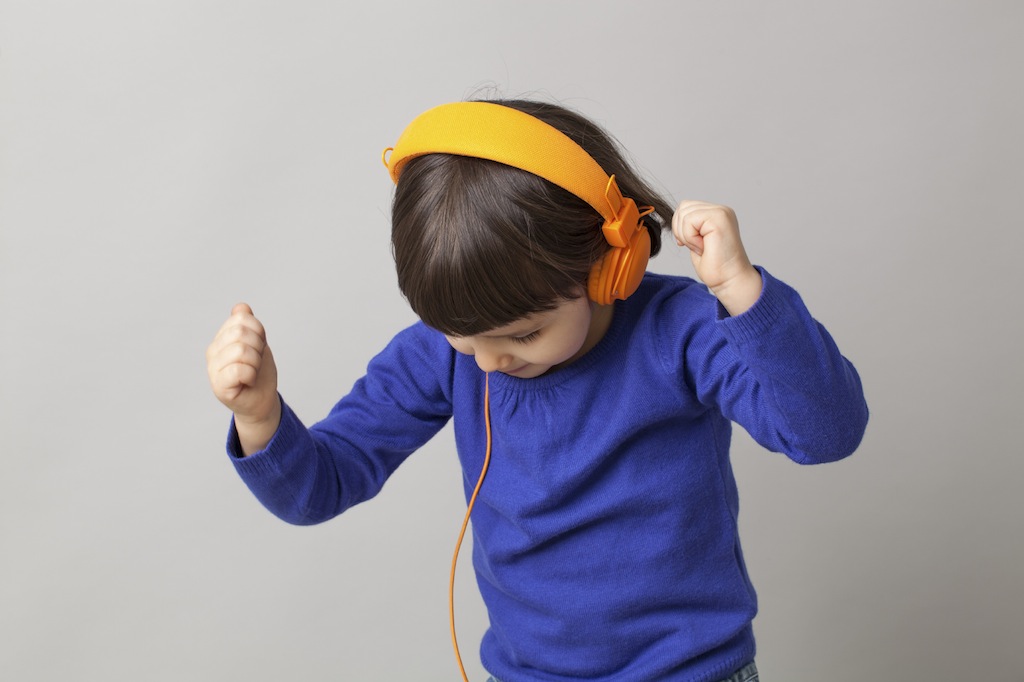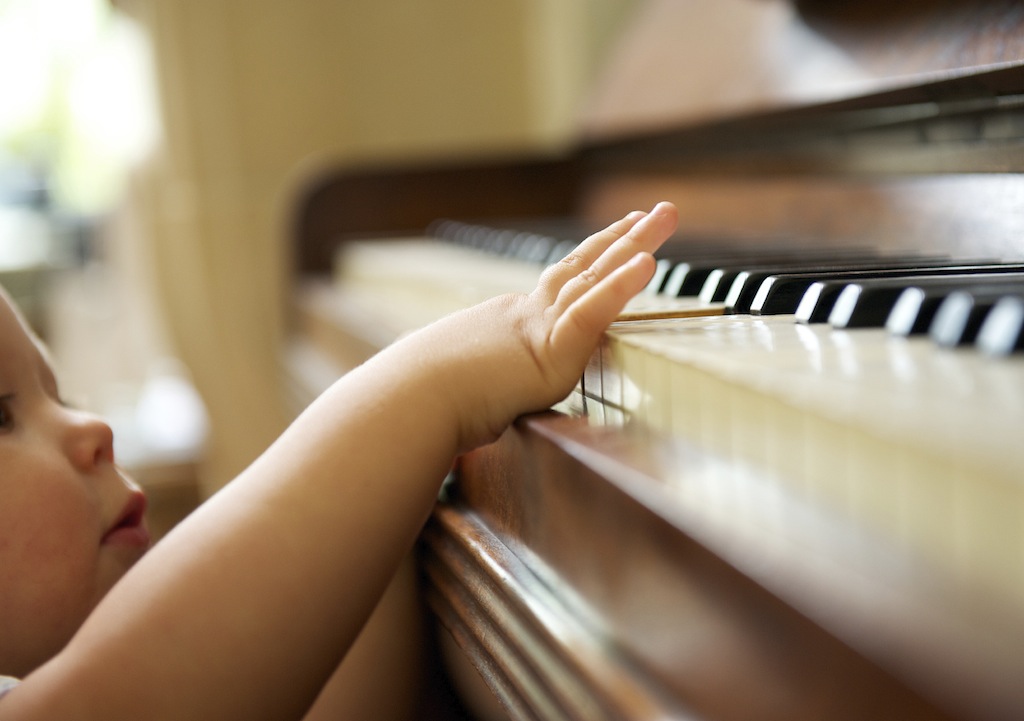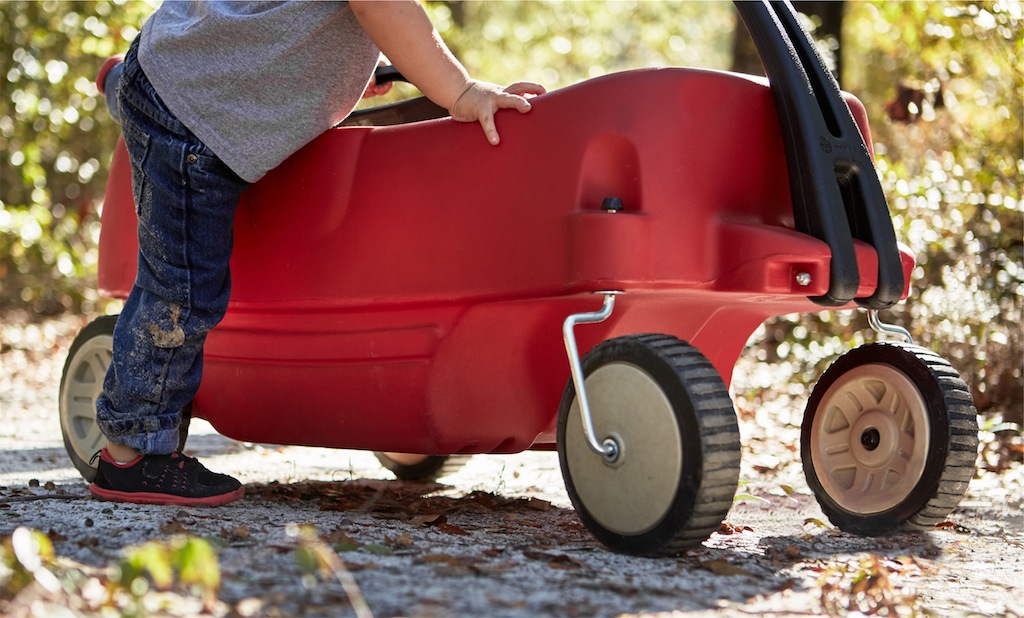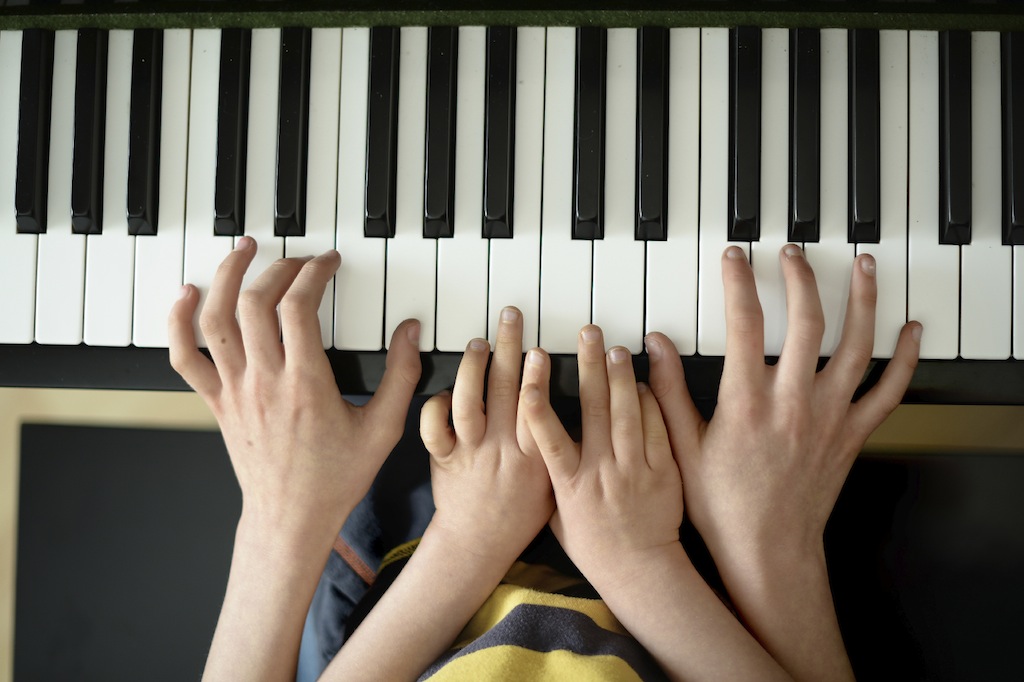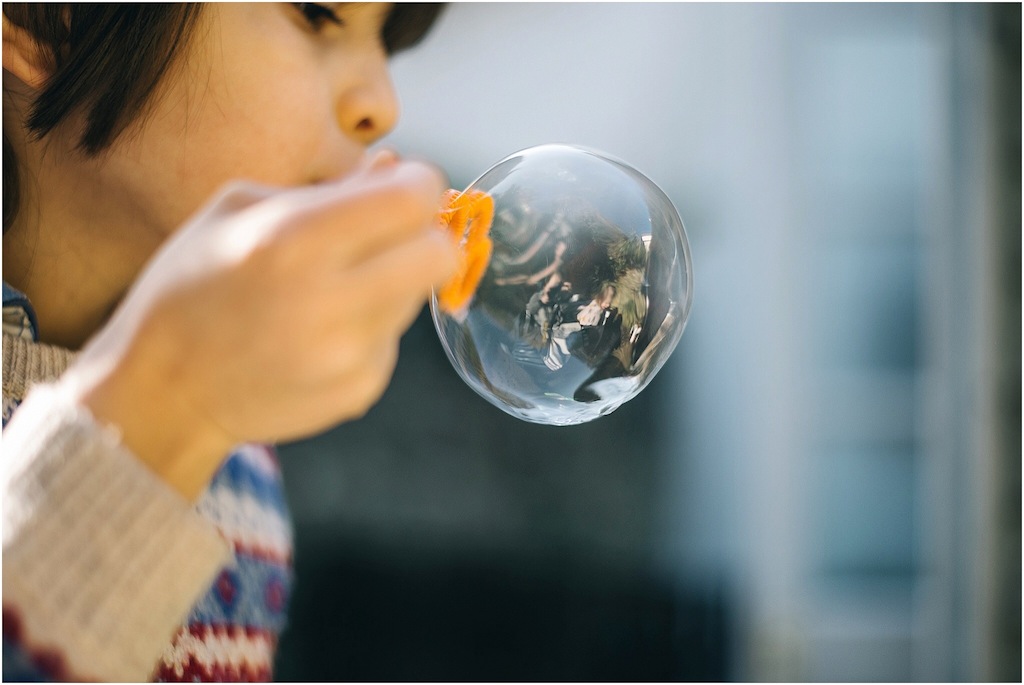SingaporeMotherhood | Baby & Toddler
April 2016
Why the Piano is the best instrument for your Child to start learning Music
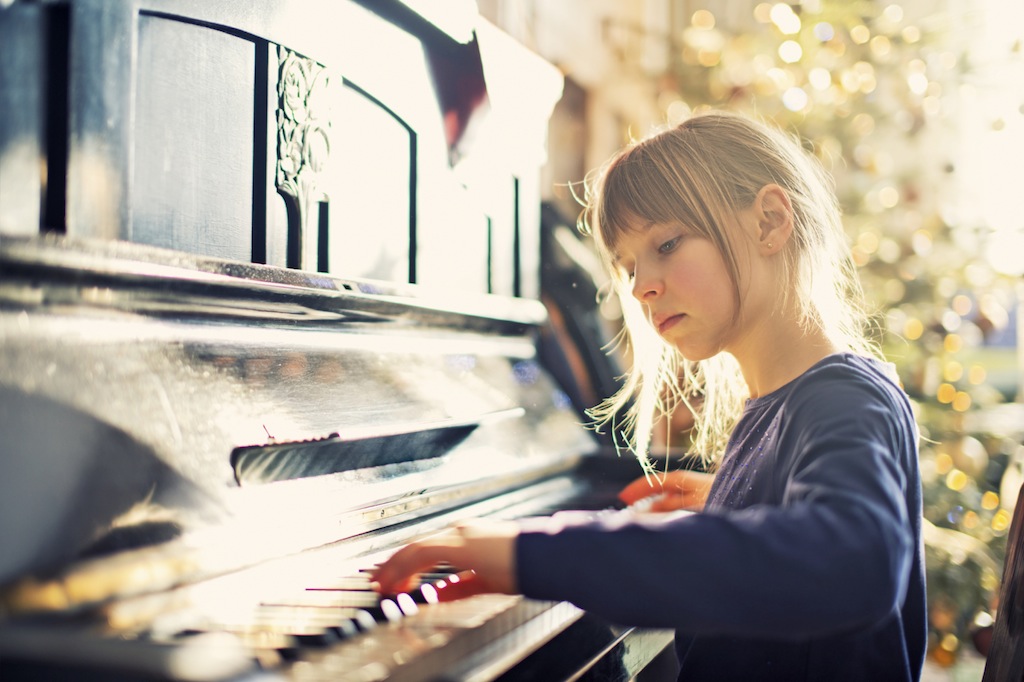
If your toddler is belting out the latest Disney song or Taylor Swift tune, or creating the big bang sound of an orchestra on your pots and pans, you may want to consider signing him up for music lessons. Piano? Violin? Saxaphone? Drums? Which musical instrument would be best to start with?
Selecting the right instrument for your child to start with is important as this builds the foundation to fuelling his or her love for music. You don’t want your child to start with a bang and end with a fizzle after a month or two of lessons, do you? After all, music is known to be a conduit for brain development. Music can even benefit children with special needs. So how should you start your child on the path of learning music?
[banner][/banner]
For Bina Jung, 24, Founding Member of Aureus Academy, the piano is the best. “Piano is a gateway to learning other instruments as it provides multiple benefits to one’s musical journey,” explains the Head of Piano Department at the music school.
“It improves both-hand coordination, as you are required to read two separate lines of music at the same time, while covering the very basic music concepts such as identifying notes,” she said.
The piano is also the only instrument which can echo the sound of an orchestra due to its limitless capability to produce different musical tones. It boasts a wide range of pitch thanks to the 88 keys and is an instrument which can stand out but also blend in with others.
Jung told us about young student at the school who started learning the piano at the age of two. She is now four and a half years old and is studying three instrumental courses simultaneously. “Learning the piano allowed Samaira to develop better reading skills, which has enabled her to learn violin and singing at ease, while incorporating theory knowledge she learnt during her piano lessons. In addition, she has shown tremendous cognitive abilities, including the ability to identify flags of more than 100 different countries!” said Jung.
What if your child has already started learning another instrument? It’s okay to switch, Jung assured us. “There were a number of students who switched from string classes to piano as the piano allowed them to play without spending time in fixing the intonation. Many of these students found joy in playing their favorite tunes while being “pitch-perfect”, which in turn made learning music more enjoyable for them,” she explained.
Here are five reasons why the piano is the best musical instrument to get your child started on and set the course for his or her musical journey:
1. You can learn at any age
The piano is a music instrument that can be learnt at almost any age. There are no physical restrictions, including issues on size, finger stretch and strength, or the weight to carry the instrument. It depends on individuals but in general, the age of four is an adequate time to begin learning the piano as this is when the child has developed appropriate motor skills and is capable of understanding instructions. Children under the age of four tend to have shorter attention spans, making it difficult for them to learn. If you want to inculcate the love of piano at a younger age, try toddler classes which introduce basic keyboard skills.
2. The piano offers intuitive learning
Starting the piano at an early age allows students to develop an intuitive relationship with the piano. Unlike other instruments, there is no need to learn how to hold a piano properly. You only need to sit comfortably at the right height and distance.
Playing the piano with proper posture is no easy feat. Students must first learn to maintain a straight back while performing, ensuring that the fingers are curved at all times. Once that has been conquered, they will gradually learn to balance one foot on a pedal while the other plants itself on the ground. Once the student masters the performance posture, they would have naturally developed a good sense of balance of their body.
3. The piano offers a “colourful” world of different sounds
There are 88 keys on the piano with seven repeated sets of notes that cover the whole spectrum of pitches. Regardless of your child’s preference for high notes, low bass, or chords, the piano will be able to produce a whole world of sounds that will spark the imagination of your future Mozart or Beethoven!
4. Piano-playing is fun
Playing the piano is more than just playing the instrument. Children can sing along to it, share the keyboard (think family concerts!) and have fun playing four-hand duets with their parents or teacher. This is great motivation for younger children to compose their own melody and accompaniment. Piano-learning also includes theory and basic musical knowledge. These are keys to grasping the fundamentals no matter what instrument your child plays in the future.
5. The piano is an excellent platform to develop cognitive abilities and dexterity
Playing the piano involves the eyes, heart, brain, hands and subsequently the feet — making it a great platform for children to develop cognitive functions, and coordination and multi-tasking skills, such as the following:
• Training the eyes to read multiple staves to guide the fingers, and promoting speed reading
• Aiding coordination with the right and left hands performing different techniques
• Maintaining a consistent pulse and rhythm
• Instilling a good sense of musicality
A student would have learned the basic foundation in piano once they reach Grade Two. This includes the ability to read both treble and bass clef, playing scales comfortably, and the ability to play several pieces from memory. This may take anywhere from one and half to three years, depending on the age of the student and the amount of practice. Once they have learnt the basic foundation in piano, your child can move on to learn other more complex instruments such as the violin and guitar.
Overall, learning the piano helps your children develop physically, emotionally, and mentally, while giving them a wonderful recreational activity that they will always treasure.
All content from this article, including images, cannot be reproduced without credits or written permission from SingaporeMotherhood.
Follow us on Facebook, Instagram, and Telegram for the latest article and promotion updates.




